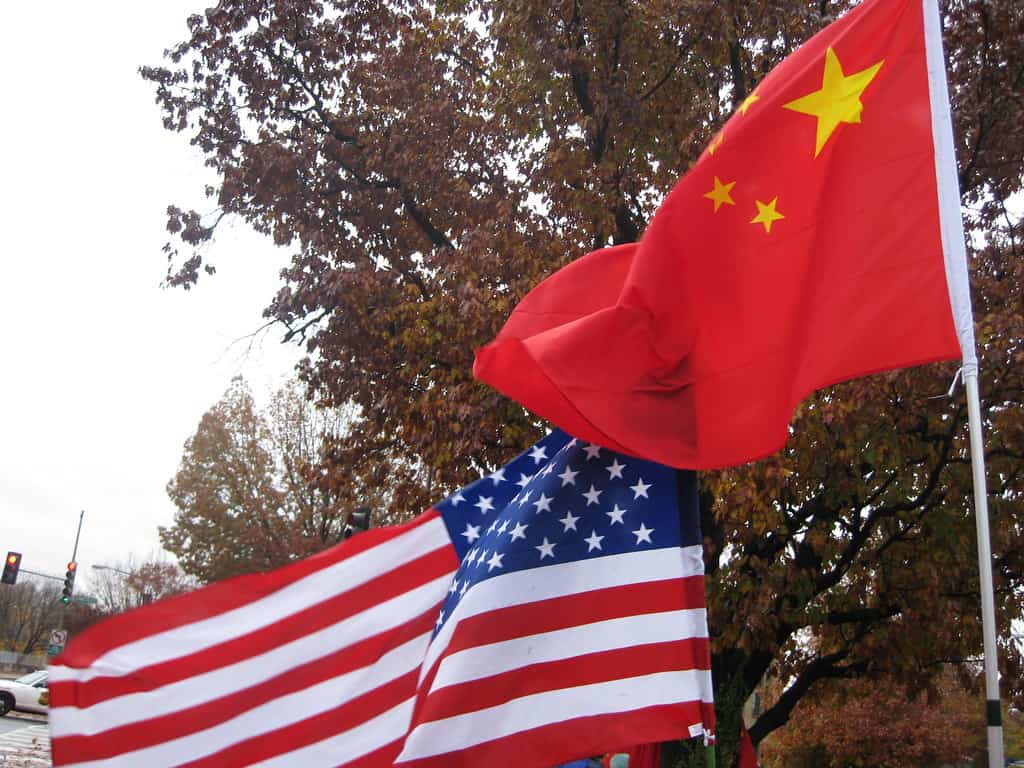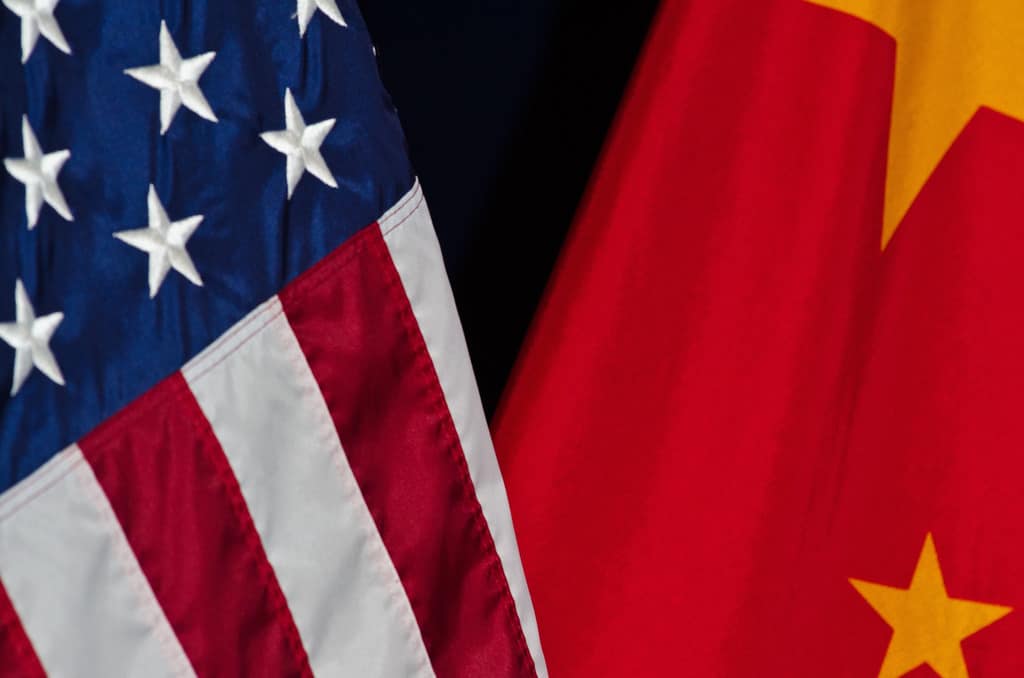By Wade Weems, Chang Liu, and Nan Wang; Kobre & Kim LLP
Just like the many Chinese businesses caught up in the U.S.-China trade war, high-net-worth individuals in the PRC also can be targets in U.S. criminal cases or face U.S. civil and regulatory penalties based on alleged involvement in economic crimes. Chinese high-net-worth individuals facing the risk of extradition and prosecution by the U.S. should seriously consider not only how they can mitigate this risk, but also assemble a plan in the event they are detained in a foreign country at the behest of U.S. authorities.
This exposure is illustrated by the plight of Meng Wanzhou, the Chief Financial Officer of Huawei. Ms. Meng was arrested in Vancouver in December 2018 at the request of the U.S. pursuant to an indictment claiming she lied to HSBC about Huawei’s relationship with Skycom, allegedly Huawei’s Iran-based subsidiary. Based on her representations, HSBC retained Huawei’s business and cleared more than $100 million worth of transactions through the U.S. related to Skycom, putting the bank at risk of violating sanctions.
On May 2020, the Supreme Court of British Columbia dismissed Ms. Meng’s objections that her alleged violation of U.S. sanctions did not also violate Canadian law, an essential (and near-universal) element in extradition analysis. The ruling turned on this concept of “double criminality,” the prevailing standard relating to extradition in common law jurisdictions. The court defined the alleged misconduct not as the violation of sanctions, but as Ms. Meng’s intentionally false statements to secure financial services from HSBC that exposed the bank to the risk of civil and criminal penalties, even if those penalties are within the context of U.S. sanctions laws.
The ruling expands the scope of dual criminality in Canada (and may serve as precedent elsewhere). This heightens risks for individuals travelling abroad who might be facing potential U.S. enforcement actions. U.S. prosecutors have generally attempted to side-step dual criminality issues by charging offenses in U.S. proceedings to conform to crimes that are also offenses in the requested countries, and the same time as they increasingly rely on U.S.-friendly jurisdictions to target Chinese nationals, including Jianjun Qiao, Gongda Zue, Yanjun Xu, Sihai Cheng and Su Bin.
Violations of U.S. laws exposes individuals to risks outside of U.S. soil, and international travel to countries with which the U.S. has extradition treaties poses the greatest risk. Individuals facing the prospect, however remote, of a U.S. extradition and prosecution should proactively assess potential risk exposure and prepare an emergency plan in the event of detention or arrest in a foreign country at the behest of U.S. authorities. Often the true level of risk is difficult to ascertain because U.S. indictments and arrest warrants are often sealed. Safe passage letters from certain jurisdictions provide a tool individuals potentially can use to minimize travel risks. Certain countries will grant, on a case-by-case basis, letters expressly stating that they will not respond to a direct extradition request for the individuals concerned. However, these letters are often difficult to obtain even for the most connected and well-resourced individuals.
If an individual is found in the position of arrest and potential extradition to the U.S., there may be other options to resolve the underlying charges in the U.S. by cooperating with authorities through non-prosecution or deferred prosecution agreements. If that option is unavailable, other defenses are available in addition to the dual criminality requirement. For example, challenges on procedural grounds concerning the arrest or subsequent handling of the case or related evidence can be viable in many jurisdictions. Defendants can also raise concerns about the overall fairness of the charges levied against them.
These defenses are exemplified in Ms. Meng’s case. In June 2020, Ms. Meng’s lawyers filed a motion exposing a redacted two-page report on the involvement of the Canadian Security Intelligence Service (CSIS) in her arrest, arguing Ms. Meng’s constitutional rights had been violated. The allegation builds on her claims that the seizure of her electronic devices and passcodes by the Canada Border Services Agency officers was illegal. The allegedly ongoing involvement of CSIS after Ms. Meng’s arrest bolsters her case that she is a victim of the abuse of power and improper process by Canadian prosecutors. As the judge notes in the Supreme Court’s opinion, the Canadian Minister of Justice is required to refuse a surrender order for extradition, even in the final phase of the extradition process, if such an order would be unjust or oppressive given all the relevant circumstances. As the rounds of legal challenges unravel, the final outcome of Ms. Meng’s case will not unfold until April 2021, when the court will hear final arguments in the extradition proceedings. Nevertheless, in the face of rising U.S. enforcement actions, it is clear that Chinese entities need to carefully evaluate the changing environment and be prepared to address these risks.
About the Authors
Wade Weems
Wade Weems is a Shanghai-based lawyer at global disputes and investigations firm Kobre & Kim LLP. A former U.S. Department of Justice (DOJ) prosecutor, Mr. Weems counsels corporations and individuals with Asia ties in cross-border criminal cases and internal investigations stemming from U.S. government enforcement actions, particularly those alleging bribery or Foreign Corrupt Practices Act violations, theft, fraud and money laundering. Mr. Weems also advocates for clients affected by export control restrictions and sanctions issued by the U.S. Department of Treasury’s Office of Foreign Assets Control (OFAC) and the U.S. Department of Commerce.
Chang Liu
Chang Liu is a Shanghai-based lawyer at global disputes and investigations firm Kobre & Kim LLP. He is an experienced litigator who represents institutional and individual clients in complex cross-border matters, including commercial litigation, white-collar defense, regulatory compliance and internal investigations. Mr. Liu has particular experience representing companies and individuals in investigations connected to China and involving allegations of bribery and violations of the Foreign Corrupt Practices Act.
Nan Wang
Nan Wang is a Shanghai-based lawyer at Kobre & Kim LLP. Ms. Wang represents clients in cross-border disputes, especially in matters involving multinational companies and state-owned enterprises (SOE) operating in the People’s Republic of China. Ms. Wang also counsels companies in internal investigations stemming from Foreign Corrupt Practices Act (FCPA) allegations and regulatory violations.



